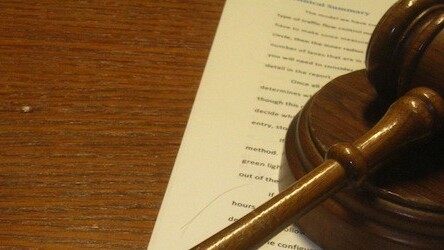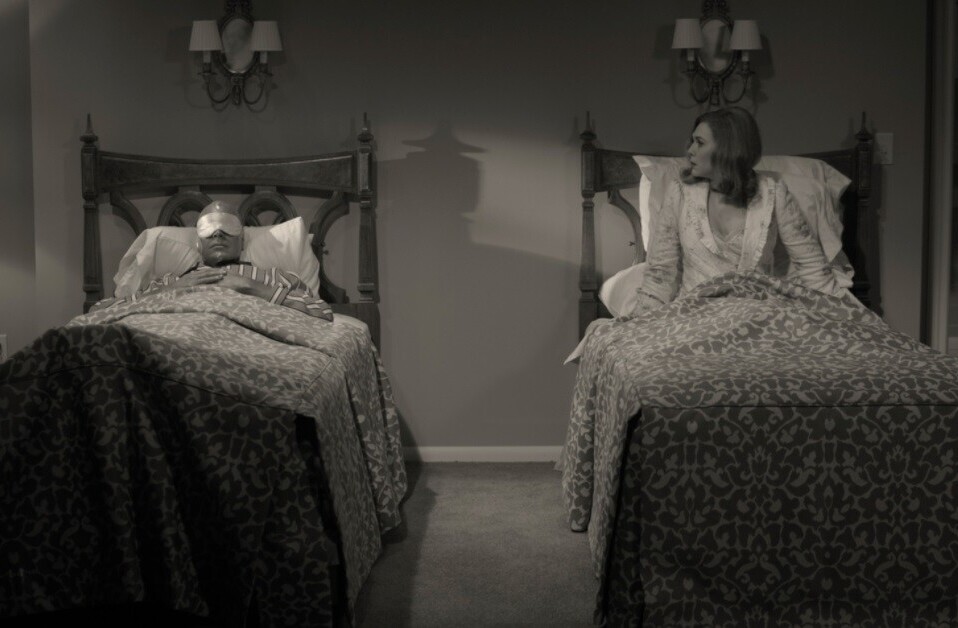
They might say that imitation is the sincerest form of flattery, but that isn’t necessarily the case when it comes to photographers in the UK. A recent and surprising ruling in the UK has blurred the lines of copyright infringement, where a similarly composed photo could get you in trouble.
Temple Island Collection, a London-based souvenir company recently took the tea company, New English Teas, to court over an image that they claimed was far too similar to one of its most popular images.
The image on the left belongs to Temple Island Collection, and PopPhoto points out that claim that the photographer and Managing Director of the company, Justin Fielder, put 80 hours worth of work into the final product, including the actual time spent photographing and processing. The image on the right, belonging to New English Teas, is a combination of three separate stock photos, and was used in the company’s packaging.
The similarities are obvious – the same vantage point and a the same choice of post-processing. But is that enough to declare this a case of copyright infringement? According to the judge presiding over the case, it is.
The ruling is bizarre, and really pushes the boundaries of claims of intellectual property. It’s one thing when the exact same image, taken by that very same photographer, is used. It’s entirely another, when an image that is all too commonly seen in London is deemed intellectual property.
Even the stylistic similarities aren’t something that Temple Island Collection can lay claim to either. Selective colouring has been around far longer than either company, and has been a common theme in New English Teas own packaging
The judge’s ruling came down to two main factors – that New England Teas was familiar with the image produced by Temple Island Collection, and that the second photograph was in fact a digitally composited photo, made up of 3 images:
The whole point of this case is that Mr Houghton and his company [New England Teas] wish lawfully to produce an image which does bear some resemblance to the claimant’s work. The inference that I draw is that Mr Houghton sought out this other material after he had decided to produce an image similar to the claimant’s. He found examples of common elements in various different places. That does not avoid a causal link. If Mr Houghton had seen Mr Fielder’s image, decided he wanted to use a similar one, found the Rodriguez or Getty photographs and put one of those on his boxes of tea, there would be no question of infringement.
Even taking these two facts in to consideration, it’s still difficult to imagine that just one version of a common touristic image could be the proven source of inspiration.
With the ruling in place, it could easily set a precedent for future similar cases. According to Amateur Photographer, speaking abou the ruling, UK lawyer Charles Swann said:
“The Temple Island case is likely to herald more claims of this kind. The judgement should be studied by anyone imitating an existing photograph or commissioning a photograph based on a similar photograph.
‘“Inspiration’ and “reference” are fine in themselves, but there is a line between copying ideas and copying the original expression of ideas which is often a difficult one to draw.'”
Do you think the judge’s ruling was fair? Let us know in the comments.
Get the TNW newsletter
Get the most important tech news in your inbox each week.





